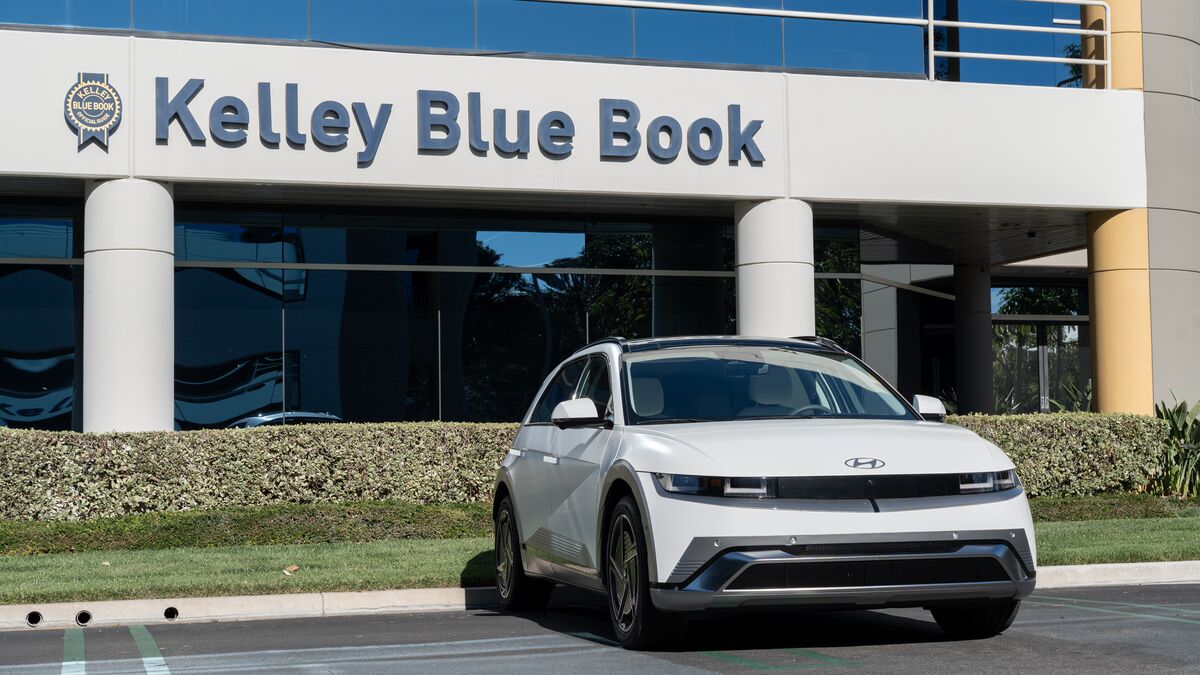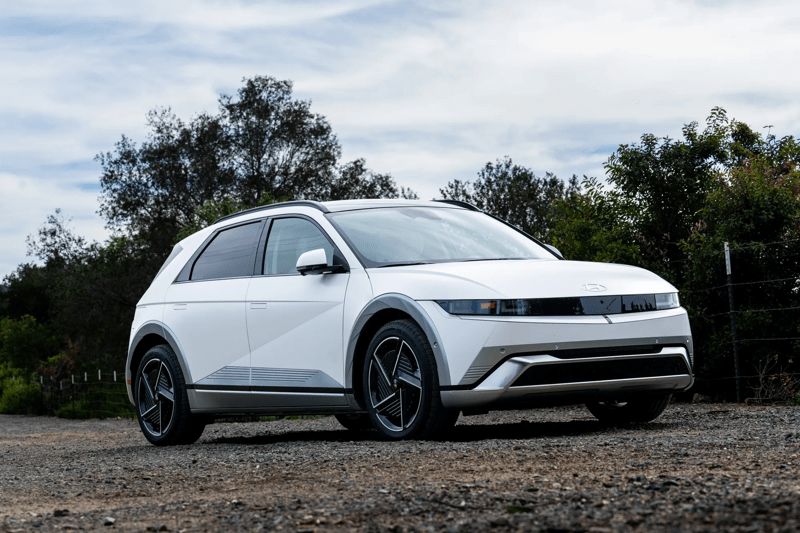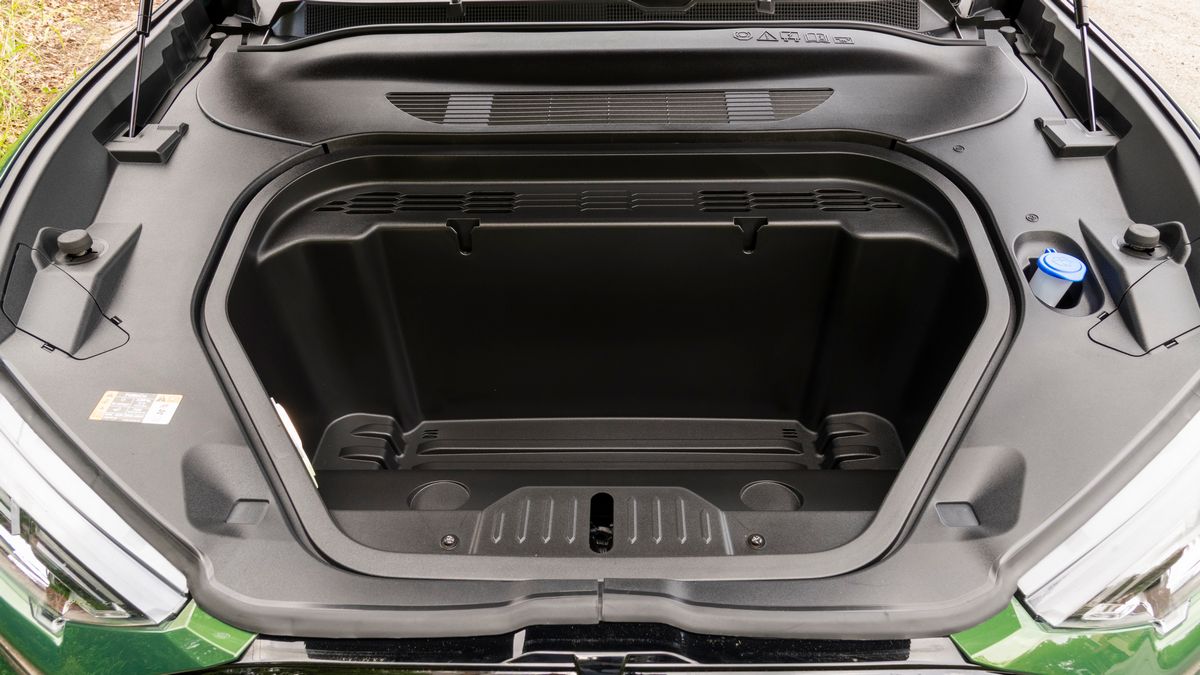Tesla delighted investors with better-than-expected second-quarter sales results announced late last week. The Texas-based company delivered 443,956 cars between April 1 and June 30 — a 4.8% drop from a year earlier when analysts had expected worse.
China’s biggest electric vehicle (EV) manufacturer, BYD, more than doubled Tesla’s deliveries.
Related: Chinese Electric Vehicles are Coming, And They May Be Cheap
BYD is running away with the race. It overtook Tesla for the first time just two quarters ago. Now, Bloomberg reports, “China’s best-selling car brand sold nearly 1 million models” last quarter. As Tesla sales dropped nearly 5%, BYD’s total rose 21%.
“This shift underscores the dynamic nature of the global EV market,” writes Counterpoint Research analysts.
“Last year, BYD’s total production — comprising battery-only powered cars as well as hybrids — was more than 3 million and surpassed Tesla’s production of 1.84 million cars for a second straight year,” notes CNBC.
Limited Impact Here, so Far
No cars built by Chinese automakers are available in America today. However, a handful of manufacturers that sell cars here import some of their products from China.
“So far in 2024, more than 40,000 made-in-China cars were sold in the United States,” MSN reports.
Related: Chinese Automakers Inch Closer to American Market
The Lincoln Nautilus and Buick Envision ship to U.S. dealers from factories in China.
China’s Geely Holding Group owns Volvo. Volvo builds most of the cars it sells on the American market in the U.S. or Europe. The company recently delayed bringing its new EX30 small EV to the U.S. after new U.S. tariffs on Chinese-built cars threatened to double its price.
US Government Trying to Hold Back Chinese Competition
The tariffs are one of several recent steps intended to help U.S. automakers compete with China’s growing automotive industry.
The White House recently proposed new restrictions on Chinese-derived software that some analysts believe are intended to prevent Chinese automakers from selling cars in the U.S.
Federal EV tax rebates, under a law passed in 2022, require automakers to build batteries in and source materials from the U.S. or certain trade partners.
Still, industry analysts say America’s auto industry will need all the help it can get to keep the center of the automotive world from shifting decidedly east.
Counterpoint researchers predict China will control more than 50% of the global EV market “until 2027. Its share will decline gradually but will still surpass the combined sales of North America and Europe in 2030. Major growth in Europe and the U.S. will start in 2025.”







